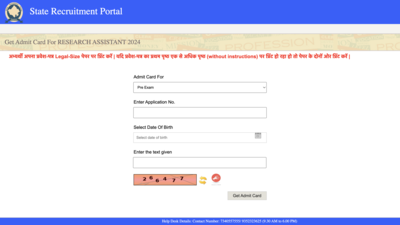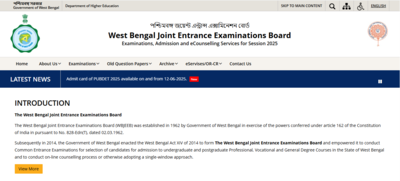BA English vs BA Journalism: Which degree leads to better career options?

Every year, as students step out of school and into the world of undergraduate choices, one dilemma quietly rises above the rest, the decision between pursuing a degree in English literature or venturing into the fast-paced domain of journalism. Both courses revolve around the written word, but their essence and outcomes couldn’t be more different.On one side lies a world of canonical texts, literary criticism, and philosophical inquiry. On the other hand, the charged environment of newsrooms, digital media, and real-time storytelling. Choosing between the two often feels like choosing between depth and immediacy, between reflection and reaction.
Course curriculum: From Shakespeare to the newsroom
A Bachelor of Arts in English is structured to build critical thinking through intensive reading, analysis, and discussion. The curriculum spans British, American, Indian, and world literatures, with a strong focus on theory, linguistics, and creative expression. Students learn to decode meaning, critique cultural narratives, and appreciate language as both art and ideology.Journalism programmes, in contrast, are built around the dynamics of information. The syllabus is pragmatic, covering reporting, media ethics, editing, feature writing, photojournalism, and digital storytelling. It trains students to gather, verify, and deliver news in ways that are fast, factual, and engaging.Where English studies dissect the world through metaphor and context, journalism courses teach students to frame it through fact and relevance.
Skills acquired: Deep thinker or agile storyteller?
An English degree nurtures subtlety. Students learn how to write with nuance, think critically, and argue persuasively. These are transferable skills, valuable in publishing, academia, content development, advertising, and beyond. However, the professional application of these abilities often requires supplementary credentials or real-world exposure.Journalism, meanwhile, is grounded in hands-on learning. By graduation, students are familiar with deadlines, interviewing, fact-checking, and platform-specific writing. This early exposure to industry practices offers a faster launch into the professional world.Both paths demand clarity, creativity, and command over language, but their tones differ. English teaches the student to slow down and reflect. Journalism insists on moving fast and staying relevant.
Career prospects: Open horizons vs direct routes
An English graduate may not walk into a ready-made job title, but the possibilities are far from limited. Career options include:
- Publishing and editing
- Content writing and copywriting
- Academia and research
- Civil services
- Creative writing
- Communications and corporate training
That said, most of these careers require either a postgraduate degree or technical upskilling to become sustainable and financially rewarding.Journalism graduates, on the other hand, often find themselves job-ready by the end of their course. Common roles include:
- News reporter or anchor
- Feature writer or editor
- Social media executive
- PR professional
- Podcast producer or multimedia storyteller
- Digital content strategist
The climb can be steep and competitive, especially in today’s evolving media landscape, but the degree lays a clearer professional foundation from the start.
Digital shifts and emerging roles
In the last decade, both degrees have experienced a transformation shaped by technology. The traditional divide between the literary and the journalistic is softening.English graduates who once sought print publishing are now creating content for digital campaigns, e-learning platforms, and branding firms. They’re becoming SEO writers, scriptwriters, and literary influencers, proof that a literature degree can indeed find relevance in the digital age.At the same time, journalists are no longer confined to newspapers and television. With platforms like YouTube, Instagram, and Substack, many are launching independent careers, managing their own media brands, and diversifying into content marketing, data journalism, and podcasting.Versatility is no longer optional, it is the new baseline.One language, two directionsWhile both degrees speak the language of ideas and information, the direction in which they take you depends on your ambition, temperament, and adaptability.If the goal is to explore culture, literature, and the evolution of thought, and if career plans include teaching, research, or creative writing, English offers a rich foundation. If, however, the ambition is to enter the professional world swiftly, impact public discourse, and tell real-time stories, journalism presents a clearer, more targeted route.Neither is inherently better. Both demand dedication, and both reward those who continue to evolve beyond their degrees.Ultimately, the decision is not about which degree is superior, but about which one aligns more closely with your vision of work, purpose, and the kind of stories you want to tell.






